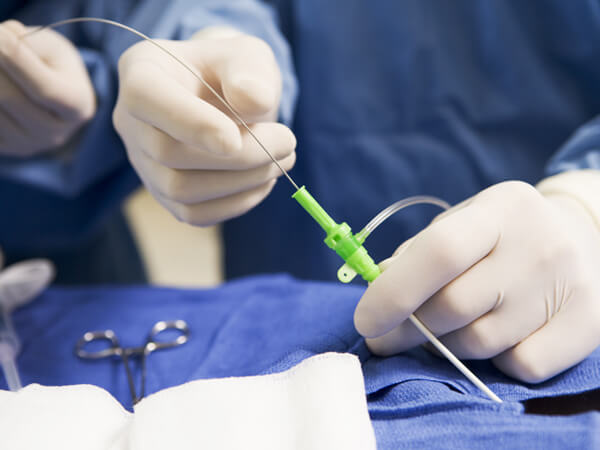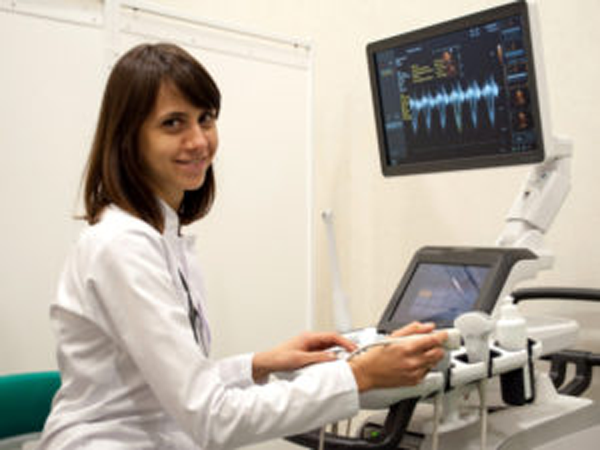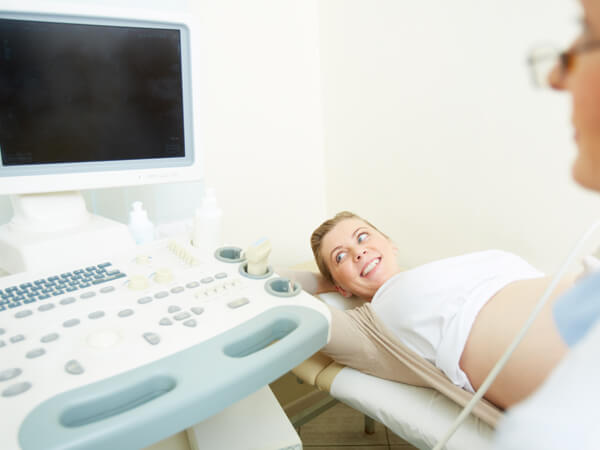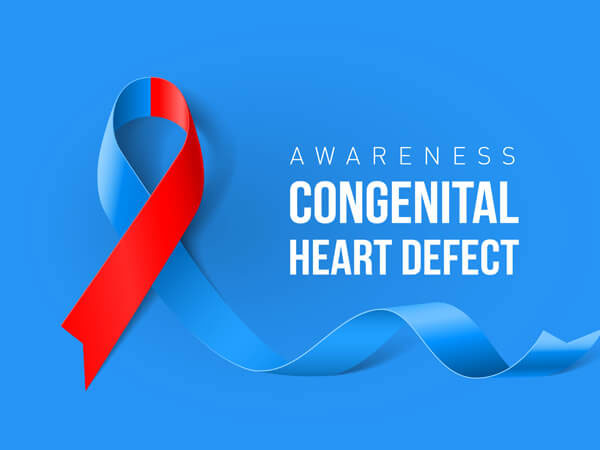Dr. Gaurav Agrawal - India’s Leading child heart specialist
FNB (Pediatric Cardiology), MD (Pediatrics), MBBS, MIAP
Senior Consultant & Incharge
Interventional Pediatric Cardiology
Max Super Speciality Hospital, Shalimar Bagh, New Delhi
Saral diagnostics, Pitampura, New Delhi
Formerly
Ex Senior consultant at BLK MAX Super Speciality Hospital, Pusa Road, Delhi
Consultant in Pediatric Cardiology at Fortis Escorts Heart Institute and Research Centre, Okhla, New Delhi.
Senior registrar and fellow in Pediatric cardiology at Apollo Hospital, Hyderabad.
Dr. Agrawal's Pediatric Cardiology Excellence
Why choose Dr. Gaurav Agrawal?
“Children heart care” provides cardiac care for all children who are affected with some kind of heart disease. It deals with all types of congenital heart diseases as well as child heart diseases are not present at birth (acquired heart diseases like dilated cardiomyopathy, myocarditis, infective endocarditis, Kawasaki disease etc).
It provides diagnostic as well as therapeutic services for child heart diseases (from birth to 18 years of age).
Diagnostic services are pediatric and fetal echocardiograms including transesophageal echocardiogram (TEE) etc. Fetal echocardiogram in Delhi is ultrasound test which focuses only on fetal heart.
Therapeutic services of various pediatric cardiac interventions as well as pediatric cardiac surgery etc.
Dr. Gaurav Agrawal having vast experience in field of "Pediatric Cardiology". He is willing take difficult child and fetal heart problems within pediatric cardiology field. He has performed various pediatric cardiac interventions in huge numbers as well as did children and fetal echocardiograms. Apart are large numbers of patients from Delhi-NCR including nearby area of Delhi, his services in great demand by large number of "International patients" from various countries.
If you considering for taking an opinion or treatment for various pediatric and fetal heart diseases, it makes sense to choose Dr. Gaurav Agrawal. He always try to treat by non-surgical means wherever feasible. He gives unbiased opinion as well.
Dr. Agrawal works in team that includes pediatric cardiac surgeon, pediatric cardiac intensivist and pediatric cardiac anesthetist for providing caring, compassionate care to all of his patients through his excellent skills in field of pediatric cardiology.
He is well known for very low chances of complications with highest quality of patient satisfaction. When it comes your child heart diseases-experience matters.
Dr. Gaurav Agrawal performs his pediatric cardiac interventions as well as monitor pediatric cardiac surgeries at MAX Super Speciality Hospital, Shalimar Bagh, which has both national and international recognition.
movado replica
Complete Pediatric and Fetal Heart Care Information & Services
Offers comprehensive diagnostics and treatment options
Video Gallery
Patient Testimonials
Deepak Yadav
Narela, Delhi, 2021
I thanks to respected Doctor gaurav agrawal to save my son life. My son have suffer with cardio problem . He is 16 days old . He is a best doctor for pediatric cardiologist I ever seen. Again thanks a lot for the good work.
Advik Singh
Delhi, 2021
My son was born in 2017 and there were some very humane doctors, nurses and hospital/Lab staff with whom I came in contact during the entire pregnancy phase. Even today I remember almost all of them, specially who helped me sail through those tough phase. Today on Doctor’s day and every year I really thank everyone, though most of them don’t remember their patients personally😊 Well Dr. Gaurav is one of them who with his professional expertise and humane behaviour had counselled so well that even today I remember that day. Dr. Gaurav might not remember but Thanks to you once again Dr. Gaurav and Happy Doctor’s Day. May God bless you always
Vamshi Tattari
Hyderabad, 2021
Very good doctor having lot of patience and answered all our questions patiently and cleared all our doubts.
Anshul Jain
Pitampura, Delhi, 2021
Had an experience with Dr Gaurav Aggarwal, I really appreciate the way he deals with his patients.. we very soft, very interactive, listen to patient queries and answers them very nicely. Also the best is he is easily accessible and not at all commercial… Highly recommend Dr Gaurav Aggarwal! Regards Anshul
Shivani Sharma
Rohini, Delhi, 2021
Dr. Gaurav Agrawal is very polite in nature nd good adviser.we are completely satisfied with his guidance.
Jay Nagar
Rohini, Delhi, 2021
Dr. Gaurav did a great job with my first ever health exam. He explained everything to me in a very clear manner. He was also kind and friendly.
Akash Nath Garg
Pitampura, Delhi, 2021
Referred to Dr. Agrawal for our son’s echo. He was extremely professional and provided the right guidance on the outcome as well as the next course of action.
Azim Ahmed
Krishna Nagar, Delhi, 2021
Dr Gaurav is very polite and humble with his patients.he is an excellent doctor with great depth of knowledge. He has very good medical etiquette as I am a doctor. I met him for fetal malformation diagnosis. He explained me everything in great detail. I would highly recommend dr Gaurav aggarwal for pediatric cardiology.
Anju Dua
Delhi, 2021
Wonderfull experience with dr gaurav aggarwal. Very kind and helpfull. Very understanding and listen to our problems patientally.
Pooja Jain
Delhi, 2021
Thanks for sparing your valuable time and making our doubts clear. Very gentle and committed dr towards the profession.
Jashneet Chabbra
Aligarh, UP, 2021
Very professional, calm doctor. Very politely answering all our doubts regarding child heart defect. Went through the entire report and explained the technical stuff clearly.
Savita
Delhi, 2021
Very good nature, having vast information about his field and giving time to his patients We are quite satisfied
Amit Sanger
Noida, UP, 2019
An amazing doctor and human being. He diagnosed a heart disease in my baby during my wife pregnancy by doing fetal Echo. He also counselled that nothing needs to be done after birth. Need to follow-up at regular intervals. My son was delivered and is doing fine even at 2 years of age without any cardiac surgery. I appreciate his knowledge and behaviour.
Nitish Goyal
Jind, Haryana, 2019
My son was in a very critical situation due to heart problem. I showed to many doctors and couldn’t see any improvement in my son’s health. Lastly I came to BLK hospital where the treatment was very good, and improvements were seen in my son’s health condition. I was really satisfied with the treatment by the Dr. Gaurav Agarwal to which I could see fast recovery in my son’s condition. now my baby is completely healthy
Sonal Jain
Delhi, 2019
Experience is very good. Doctor is polite and experienced making him best in his profession.
Satish Mahajan
Delhi, 2020
Very good experience, polite, patient centric. For last 2 years I am consulting dr gaurav aggarwal for my son who was having a narrowing in the artery. He treated by putting an artificial stent in the narrowing. Now my child is symptoms free. I am quite happy with his patient centric approach and always available for help.
Naman Gupta
Delhi, 2020
I am Thankful to Dr. Gaurav Aggarwal for the difference he make in the lives of his patients. Your kindness, sincere caring, and concern make everything better and are a great encouragement.
Shobhit Sharma
Delhi, 2020
I don’t even have words for him. I met him more than a year ago when my daughter was diagnosed with a PDA. He has been a most generous and a wonderful doctor and a human being I have ever met. He gave us a honest and upfront treatment options and asked us to wait. My daughter was treated well and she is doing terrific now. He is so confident and resembles a great personality. Thank you Soo much Dr. Gaurav Agarwal.
Shikha
Delhi, 2020
I was scared when my daughter was diagnosed with PDA at a mere age of 2months. We had a very tough time at that duration, but Dr as a ray of hope and positivity. He entrusted us that she will be absolutely fine. We trusted him since day one and successfully he has closed the PDA via device closure while she turned 15months. My daughter is absolutely fine now and I would personally recommend Dr Gaurav to all the parents whose kids are suffering any heart problem. He is an amazing doctor and a very good person.
Eerick Kundina Nsisi Makengo
Congo, Africa, 2020
What a great Doctor!! Thanks a lot for being a devoted and kind doctor for your patients, you really giving them the best diagnosis and best treatment possible. The world needs people like you. Be blessed.
FAQs
We can assess by palpating femoral pulses, in Coarctation of AortaCOA, these are either very weakly felt or not felt at all. Also there will be no pulse trace while assessing saturation in lower limbs. We should not rely on saturations until we get a good trace on monitor. In severe Coarctation of Aorta COA, saturation number we may get but trace will not be there. Severe Coarctation of Aorta COA is a medical emergency and needs to address on priority basis.
Whenever a neonates (especially after 48 hours)comes with shock ,suspect duct (PDA) dependent lesion newborn may need Prostaglandin infusion to keep the duct open.
If small VSD/PDA are there: we can follow upto 4 to 5 years of age as patient growth is not hampered due to hole itself. In moderate sized VSD/PDA with dilated LV with adequate growth, we can close by 1-2 years of age depending upon symptomatology of the child. In large VSD/PDA, we shall close by 3-6 months of age as there will be signs of failure with risk of pulmonary hypertension.















